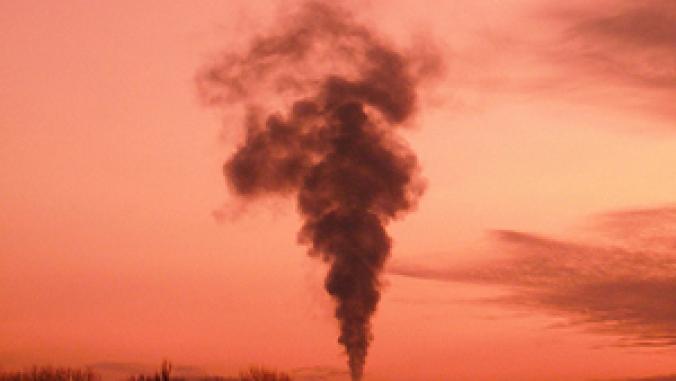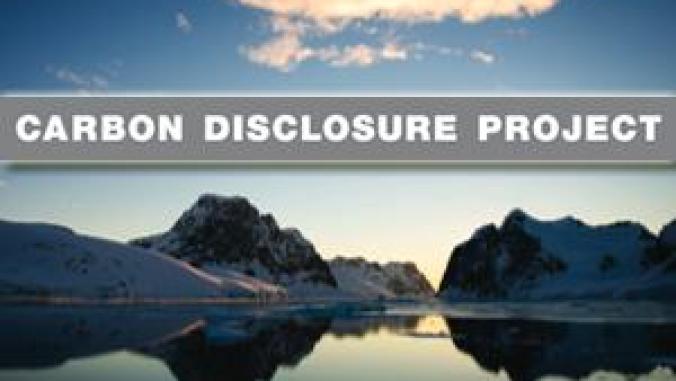Water Utilities Partner to Study Climate Change Effects
Eight utilities across the country formed the Water Utility Climate Alliance (WUCA) to research the ways in which global warming will impact their operations.
Eight utilities across the country formed the Water Utility Climate Alliance (WUCA) to research the ways in which global warming will impact their operations.
In order to improve the water sector's ability to respond to climate change-related challenges, WUCA wants to focus on several research areas, such as improving and refining global and local climate change models to reduce the uncertainty in projections.
San Francisco's outgoing Public Utilities Commission General Manager called water utilities among the "first responders to the effects of climate change."
"Our systems are facing risk due to diminishing snowpack, bigger storms, more frequent drought and rising sea levels," Susan Leal said. "We need to be organized to respond to these risks -- that's why we've formed this alliance."
WUCA also wants to improve climate-related information collection and maintenance, and ensure water providers around the world have access to the data. The group plans to develop the tools needed for water providers to plan and make decisions and policy, as well as help coordinate international research efforts.
WUCA is comprised of Denver Water, the Metropolitan Water District of Southern California, New York City Department of Environmental Protection, Portland Water Bureau, San Diego County Water Authority, the San Francisco Public Utilities Commission, Seattle Public Utilities and the Southern Nevada Water Authority.
Also on Monday, the U.S. Environmental Protection Agency unveiled expanded tools to help managers of water utilities and commercial facilities save energy. The enhanced Portfolio Manager offers an energy management strategy to help those in industries that are extremely energy intensive. Water and wastewater facilities, for instance, can account for more than a third of municipal energy consumption.
In order to improve the water sector's ability to respond to climate change-related challenges, WUCA wants to focus on several research areas, such as improving and refining global and local climate change models to reduce the uncertainty in projections.
San Francisco's outgoing Public Utilities Commission General Manager called water utilities among the "first responders to the effects of climate change."
"Our systems are facing risk due to diminishing snowpack, bigger storms, more frequent drought and rising sea levels," Susan Leal said. "We need to be organized to respond to these risks -- that's why we've formed this alliance."
WUCA also wants to improve climate-related information collection and maintenance, and ensure water providers around the world have access to the data. The group plans to develop the tools needed for water providers to plan and make decisions and policy, as well as help coordinate international research efforts.
WUCA is comprised of Denver Water, the Metropolitan Water District of Southern California, New York City Department of Environmental Protection, Portland Water Bureau, San Diego County Water Authority, the San Francisco Public Utilities Commission, Seattle Public Utilities and the Southern Nevada Water Authority.
Also on Monday, the U.S. Environmental Protection Agency unveiled expanded tools to help managers of water utilities and commercial facilities save energy. The enhanced Portfolio Manager offers an energy management strategy to help those in industries that are extremely energy intensive. Water and wastewater facilities, for instance, can account for more than a third of municipal energy consumption.




